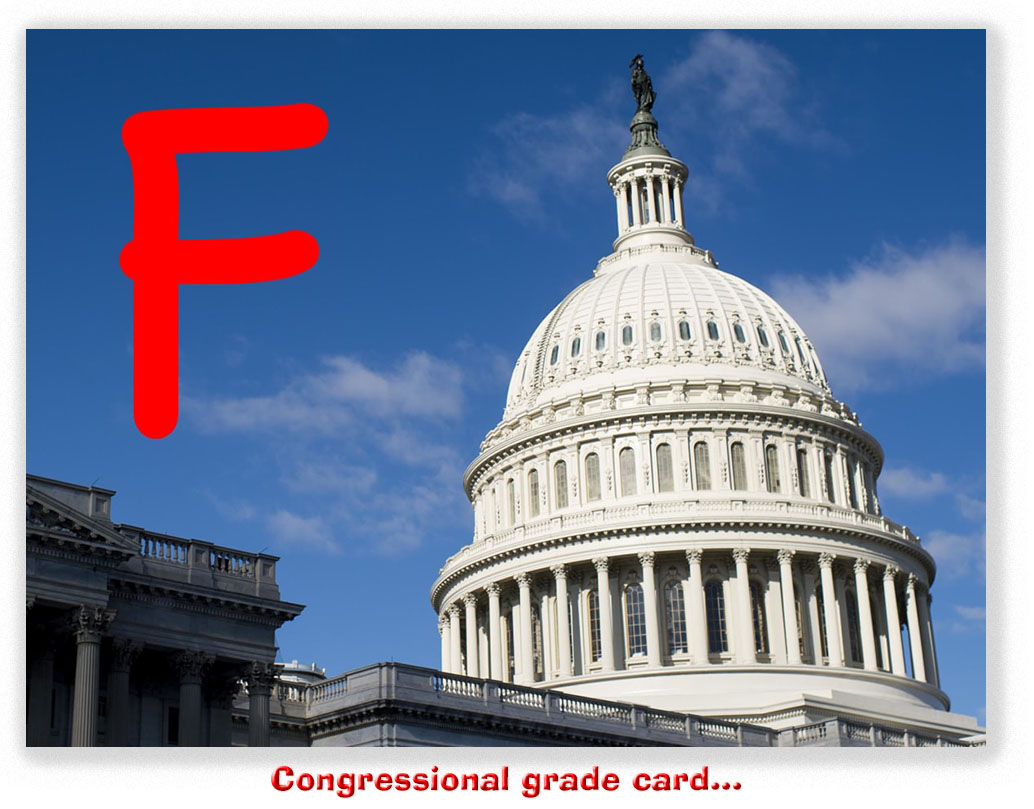We post news and comment on federal criminal justice issues, focused primarily on trial and post-conviction matters, legislative initiatives, and sentencing issues.

4TH CIRCUIT SLAMS DISTRICT COURT ‘ROTE’ DENIAL OF COMPASSIONATE RELEASE
 Some 15 years ago, Lonnie Malone was sentenced to 330 months for a drug conspiracy and 18 USC § 924(c). After serving 11 years, Lonnie sought compassionate release based on his poor health and advanced age. The district court denied his motion, relying solely upon USSG § 1B1.13.
Some 15 years ago, Lonnie Malone was sentenced to 330 months for a drug conspiracy and 18 USC § 924(c). After serving 11 years, Lonnie sought compassionate release based on his poor health and advanced age. The district court denied his motion, relying solely upon USSG § 1B1.13.
The following year, the Bureau of Prisons deemed Lonnie to have a severe COVID-19 risk, and sent him to CARES Act home confinement. Lonnie then filed a second compassionate release motion, again arguing his advanced age and severe health conditions. As well, Lonnie focused on the COVID pandemic, relevant 18 USC § 3553(a) sentencing factors, the “extreme” nature of his sentence, and his inability to receive social security on home confinement.
The district court was not impressed, and again denied Lonnie compassionate release, tersely noting that “considering these facts and the § 3553(a) factors… no further relief is warranted.”
Last week, the 4th Circuit reversed the compassionate release denial, finding the “district court’s reasoning both inadequate and at odds with the record.” The Circuit panel explained that while Lonnie
was sentenced within the applicable guidelines range and the court then believed his sentence necessary for community protection” back in 2008, his “severely degenerated health and advanced age provide strong grounds for reweighing the relevant sentencing factors. Because motions for relief under § 3582(c)(1)(A)(i) ask courts to balance the severity of the inmate’s personal circumstances, on the one hand, against the needs for incarceration, on the other, a district court’s task is to determine whether these relevant § 3553(a) factors weigh against sentence reduction in light of new extraordinary and compelling reasons.”
Here, the Circuit said, Lonnie’s “new extraordinary and compelling circumstances inhibit him from being a danger to the community. For one, Malone was moved to minimal security while in prison, demonstrating that he posed no threat while incarcerated. Even more, since the BOP transferred Malone from his prison facility to home confinement during the pandemic’s emergency period, this indicates the BOP’s assessment that Malone is not a danger to the community… Thus, if the district court was determined to keep Malone on home confinement for the five years remaining on his sentence, it would “not meaningfully advance the purposes of sentencing.”
 Citing Lonnie’s lack of a criminal history and his having served 14 years, taken multiple classes and being put in a camp – along with “extraordinary and compelling health-related circumstances [that] have condemned him to a life filled with limitations,” the 4th held, “to affirm the district court’s denial would not only be a great disservice to Malone, but to any defendant with failing health seeking autonomy in their twilight. There is a reason this is called compassionate release, after all.”
Citing Lonnie’s lack of a criminal history and his having served 14 years, taken multiple classes and being put in a camp – along with “extraordinary and compelling health-related circumstances [that] have condemned him to a life filled with limitations,” the 4th held, “to affirm the district court’s denial would not only be a great disservice to Malone, but to any defendant with failing health seeking autonomy in their twilight. There is a reason this is called compassionate release, after all.”
The Circuit said, “In sum, the district court’s § 3553(a) reasoning was a ‘rote’ statement lacking the necessary rebalancing regarding Malone’s conditions at the time his motion was filed.’
United States v. Malone, Case No. 21-6242, 2023 U.S.App. LEXIS 207 (4th Cir., January 5, 2023)
– Thomas L. Root

















 That’s right… to no one.
That’s right… to no one.



 Of all the criminal justice reform bills in Congress – the
Of all the criminal justice reform bills in Congress – the 

